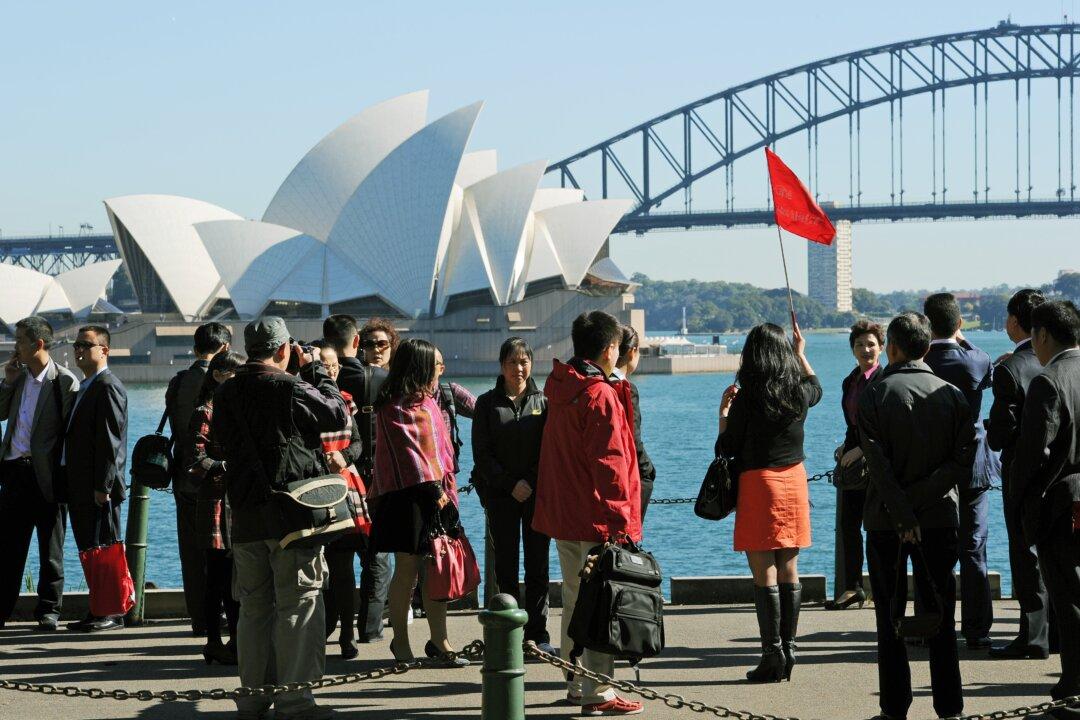A new Lowy Institute poll has revealed trust in China has dropped since 2018. Australians are also supportive of economic decoupling from the communist state, and keen for tough new laws to sanction Chinese officials.
Trust in China has been on a downward trend for the last three years, with just 23 percent of respondents saying they trusted China either a “great deal” or “somewhat.” This is a drop from 52 percent of Australians in 2018 saying they trusted China to some degree.





